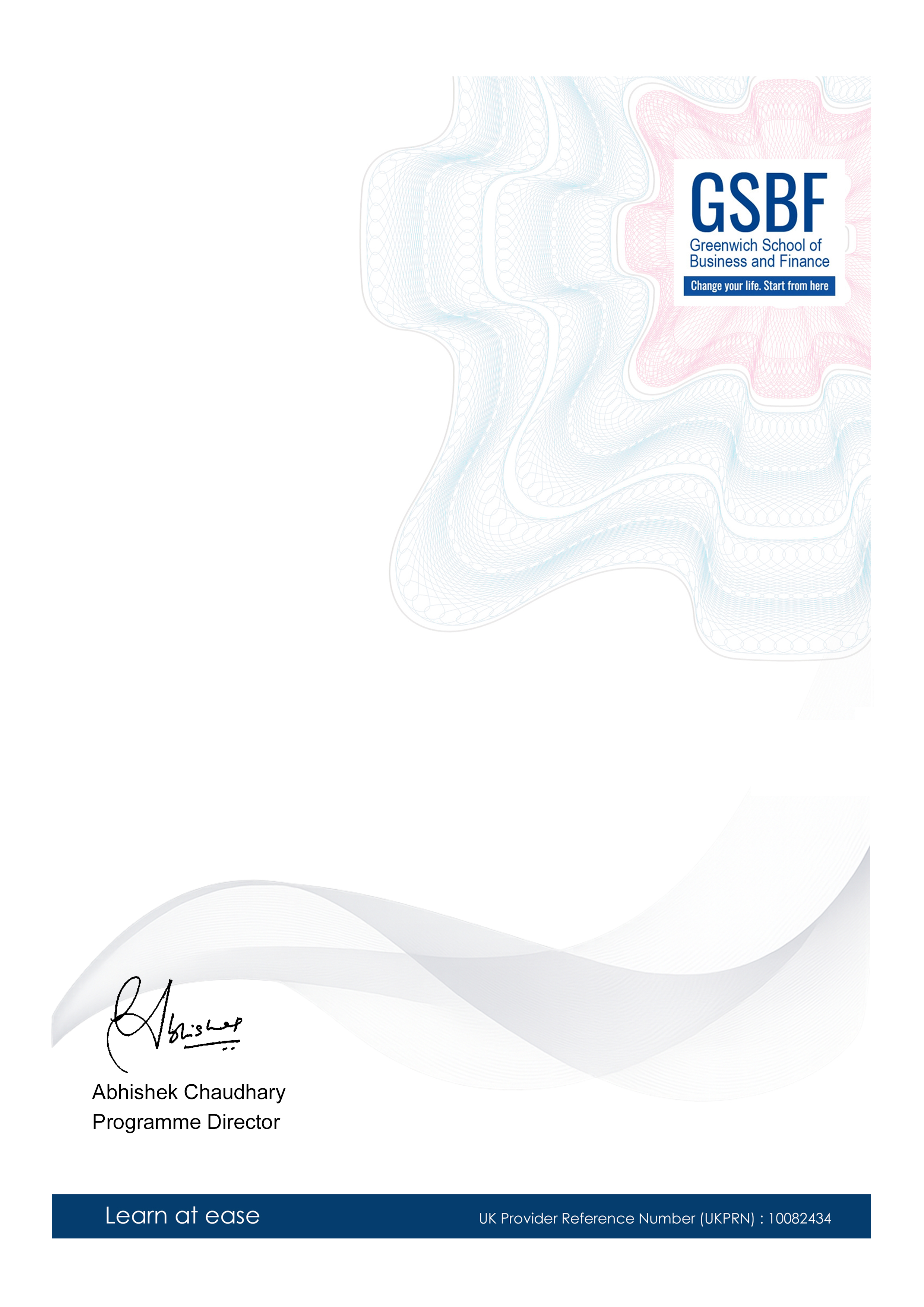Postgraduate Certificate in Humanitarian Logistics Information Systems
-- viewing nowThe Postgraduate Certificate in Humanitarian Logistics Information Systems is designed for professionals seeking to advance their skills in managing and analyzing data in humanitarian contexts. The program focuses on developing expertise in logistics information systems, supply chain management, and decision-making under uncertainty.
5,669+
Students enrolled
GBP £ 149
GBP £ 215
Save 44% with our special offer
About this course
100% online
Learn from anywhere
Shareable certificate
Add to your LinkedIn profile
2 months to complete
at 2-3 hours a week
Start anytime
No waiting period
Course details
• Information Systems Management
• Supply Chain Management
• Data Analysis and Visualization
• Project Management
• Humanitarian Aid Delivery Systems
Career path
Postgraduate Certificate in Humanitarian Logistics Information Systems
The Postgraduate Certificate in Humanitarian Logistics Information Systems is a specialized program designed to equip students with the knowledge and skills required to manage complex logistics operations in humanitarian contexts. The program focuses on the use of information systems to improve efficiency, effectiveness, and transparency in the delivery of aid. Graduates of this program can expect to find employment in a range of humanitarian organizations, including UN agencies, NGOs, and government departments.
Career Roles
- Humanitarian Logistics Coordinator
- Information Systems Manager
- Supply Chain Analyst
- Emergency Response Planner
- Disaster Risk Reduction Specialist
Job Market Trends
The job market for professionals with a Postgraduate Certificate in Humanitarian Logistics Information Systems is growing rapidly, driven by an increasing demand for efficient and effective humanitarian aid delivery. Graduates can expect to find employment in a range of roles, including humanitarian logistics coordinators, information systems managers, supply chain analysts, emergency response planners, and disaster risk reduction specialists. Salaries for these roles vary depending on the organization and location, but are generally competitive within the humanitarian sector.
Skill Demand
Key skills required for success in these roles include strong analytical and problem-solving abilities, excellent communication and interpersonal skills, experience with information systems and technology, and the ability to work effectively under pressure in fast-paced and dynamic environments. Graduates of this program can expect to develop these skills through a combination of theoretical learning and practical experience, preparing them for successful careers in the humanitarian sector.
Entry requirements
- Basic understanding of the subject matter
- Proficiency in English language
- Computer and internet access
- Basic computer skills
- Dedication to complete the course
No prior formal qualifications required. Course designed for accessibility.
Course status
This course provides practical knowledge and skills for professional development. It is:
- Not accredited by a recognized body
- Not regulated by an authorized institution
- Complementary to formal qualifications
You'll receive a certificate of completion upon successfully finishing the course.
Why people choose us for their career
Loading reviews...
Frequently Asked Questions
Skills you'll gain
Course fee
- 3-4 hours per week
- Early certificate delivery
- Open enrollment - start anytime
- 2-3 hours per week
- Regular certificate delivery
- Open enrollment - start anytime
- Full course access
- Digital certificate
- Course materials
Get course information
Earn a career certificate

